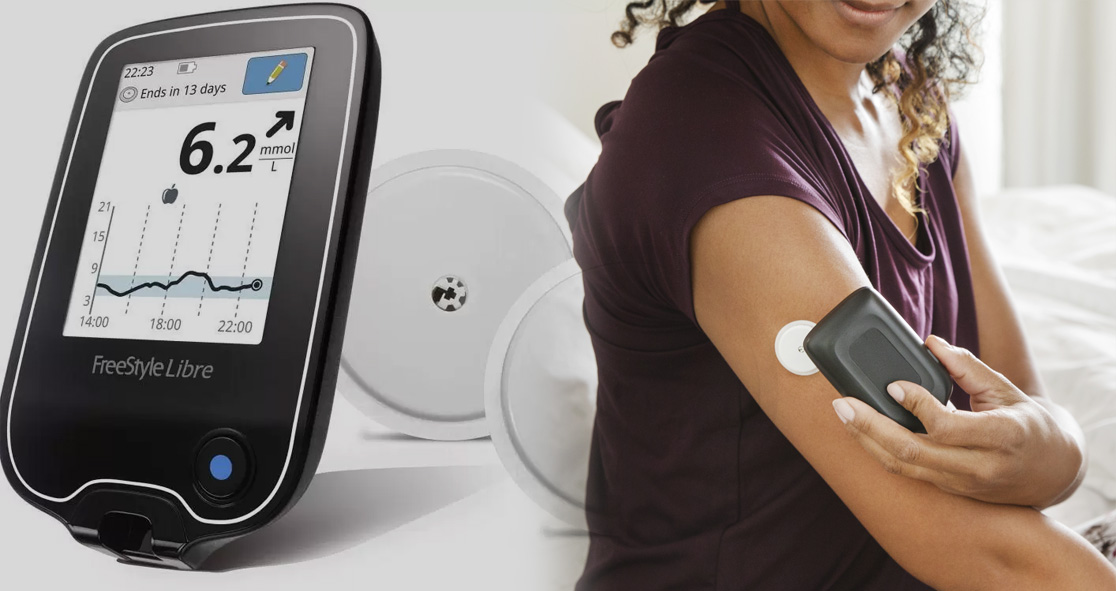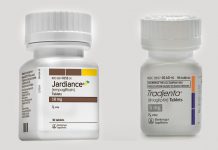Monitoring blood sugar levels regularly is essential when it comes to diabetes management. But for most people, daily finger prick could be a deterrent.
Now, a new study has come up with a quick and painless sensor that can measure your blood sugar levels using your sweat, which means no finger pricking anymore, according to Medicine Net.
The experimental, touch-based test measures blood sugar in sweat by using a personalized algorithm that correlates it with blood glucose. It is over 95% accurate at predicting blood sugar levels before and after meals, according to the study, which was published in the journal ACS Sensors.
However, the new sweat glucose test is not ready for prime time yet because the study researchers said large-scale studies are still required to validate the new approach.
Diabetes experts who were not involved in the study have been cautiously optimistic.
Dr. John Buse of the University of North Carolina at Chapel Hill said, “No-prick glucose testing has been a holy grail of sorts in diabetes, and hopefully one day someone will cross the finish line. These data suggest that there is hope.”
Anatomically, fingers have many sweat glands and produce a high amount of sweat, according to Medicine Net, but sweat has lower levels of blood glucose. Also, readings may vary with other skin characteristics, which could lead to inaccurate blood sugar measurements.
The new sensor consists of a sweat-absorbing polyvinyl alcohol hydrogel on a flexible plastic strip. Upon placing the finger on the sensor for a minute, the hydrogel absorbs sweat and undergoes a reaction, resulting in a small electrical current detected by a hand-held device.
The study’s lead researcher Prof. Joseph Wang said, “Such fast and simple touch-based blood-free fingertip sweat glucose assay holds considerable promise for improved patient compliance and enhanced diabetes management.”
Prof. Wang is a former Chair of the Department of Nanoengineering at the University of California, San Diego.
Dr. Buse said, “I think this is exciting technology and hope that the team will be able to take it to the finish line.”
Endocrinologist Dr. Minisha Sood, Lenox Hill Hospital in New York City, said, “This technology is innovative and somewhat promising. If the algorithm is accurate and scalable, it would be a game-changer for a glucose monitoring.”
Prick-free blood tests are convenient and attract more people with diabetes. Dr. Sood said, “This is a proof of concept and bringing this to widespread reality is likely years off.” The article was published on Medicine Net.





















